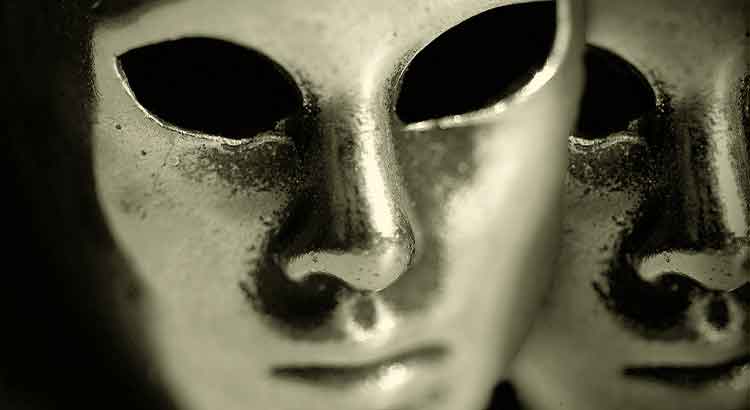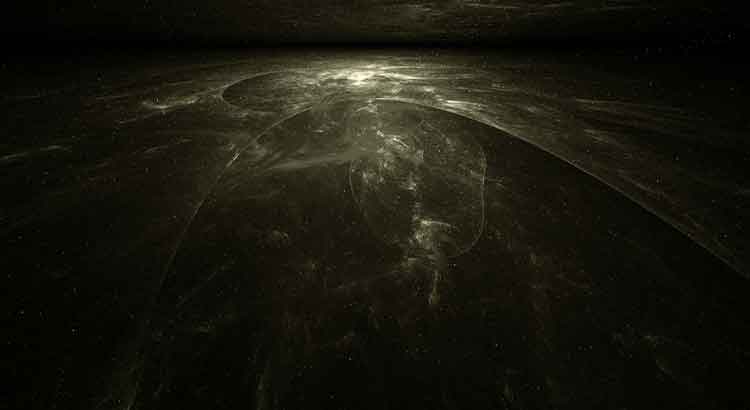What is universal in the human being is his vain, hypocritical and greedy manifestations. This today as yesterday, and yesterday as tomorrow. There would be exceptions if the human being were not thrown, as a rule, into situations of pressure and risk, when he is forced to act by the instinct maliciously developed over the centuries and capable of freeing him from more severe discomfort. The world does not allow him peace: it hunts him and demands a reaction. And the reaction, always, manifests itself in vanity, hypocrisy and greed—the defense mechanism that corrupts souls and becomes vice. So it would be good that behavioral psychology uses moralistic philosophy as dogma: however, doing so would invariably lead the student into depression.
Tag: philosophy
The Irony of Rational Thought Is That It Tacitly Demands a Conclusion
The irony of rational thought is that it tacitly demands a conclusion. Otherwise, it is to declare itself useless, to conclude that it has not advanced. And the conclusion is precisely the impossible, the false step and the defeat! By concluding, one loses the game, one buries beforehand future possibilities, one declares the end of mental activity. From this we extract: if one is to fail and give up, let one fail and give up late, only when faced with the presentiment of failure and if seized by an irresistible impulse. Schopenhauer, a brilliant mind, did himself harm by doing this too early: he would have had more peaceful days had he not walked, for almost all of his adult life, carrying the weight of his conclusions.
The Discomfort of Existing
Psychological disturbance and open warfare against the instinctive manifestations of the mind are the primary and fundamental steps in achieving any moral or spiritual advancement. Therefore anguish, an inevitable side effect, is a common trait among noble natures. Subsequent steps vary from Buddha to Tolstoy, from Schopenhauer to Nietzsche—but evolution is impossible for a spirit that has never experienced the discomfort of existing.
The Pages of Jakob Boehme
It is a real shock to come into contact with the pages of Jakob Boehme. The first impulse is to ask: how is this possible? The mystical universe that permeates his lines seems unthinkable, inconceivable, imperceptible to the average human being. Where does such ingenious imagination come from? Whence is this conception of life that brings the banality of the concrete to its knees, making what the eyes can see ridiculous? The notion of the ultimate meaning, the vision of paths, the philosophy that implies a conduct… all these manifestations of a luminous and respectable spirit, of which I refuse to make a value judgment. But what is most astonishing, what paralyzes the mind and throws the brain into perplexity, is to be aware, at every page, that the author of the lines was a shoemaker!



